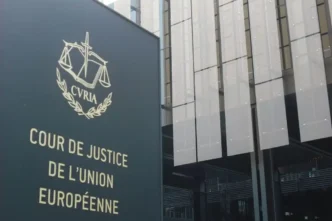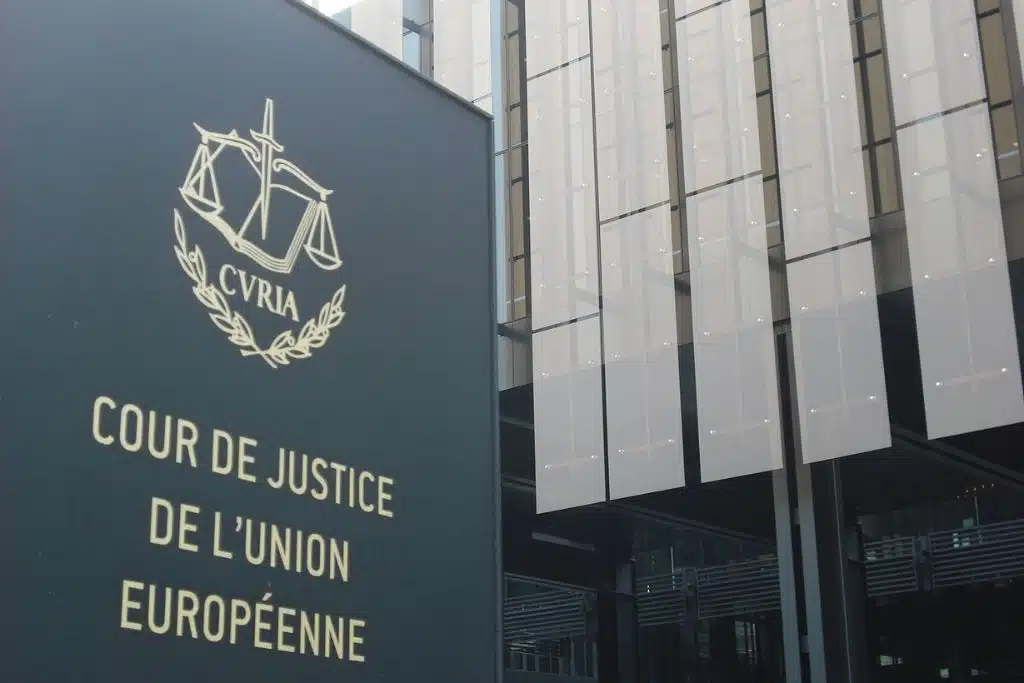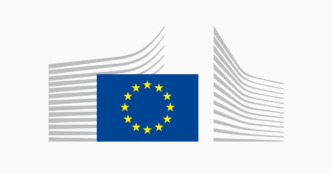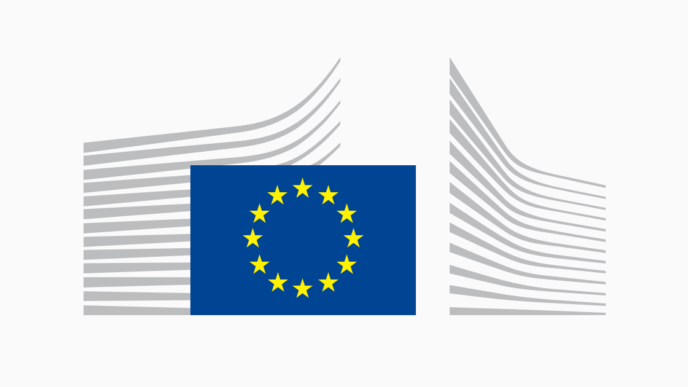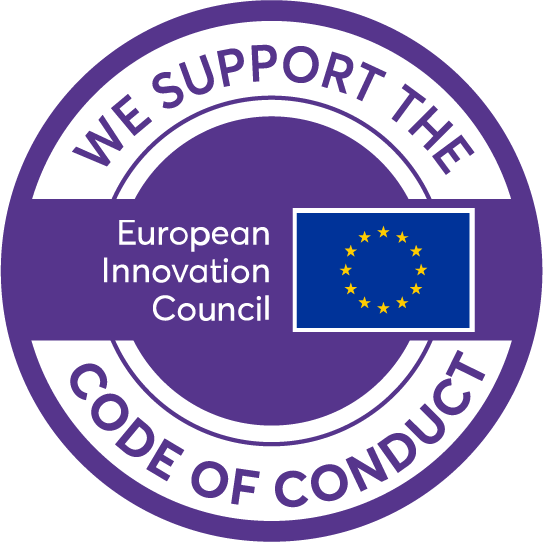Today, the European Commission decided to refer Bulgaria, Greece and Poland to the Court of Justice of the European Union for failing to transpose EU rules on the charging of vehicles for the use of certain infrastructures (Directive (EU) 2022/362). The three Member States did not communicate the transposition of measures by the deadline of 25 March 2024.
The Commission sent letters of formal notice on 23 May 2024, followed by reasoned opinions on 16 December 2024, providing for a two-month period after each to respond and to take the necessary measures to comply with the obligation to fully transpose the Directive. In their replies, the Member States presented a calendar for adoption of the transposition measures. However, to date no transposition measure has been notified to the Commission.
The Commission considers that the efforts to take necessary measures by the national authorities have, to date, been insufficient and is therefore referring Bulgaria, Greece and Poland to the Court of Justice of the European Union, requesting the imposition of financial sanctions.
Background
The Directive on the charging of heavy goods vehicles for the use of certain infrastructures (Directive 1999/62/EC) sets out rules on imposing distance-based charges (i.e. tolls) and time-based charges (i.e. user charges, commonly known as vignettes) in the EU. Member States are not obliged to recover infrastructure costs (construction, maintenance, operating) through road charges. However, if they choose to do so, they must comply with the rules of the Directive.
The Directive is an important piece of EU transport policy on the funding of transport infrastructure, in compliance with the user and polluter pays principles. The user pays principle provides that the costs of road infrastructure should be borne by road users, while the polluter pays principle provides that external costs of transport on society (air and noise pollution, CO2 emission, and congestion) should be paid the polluter. The Directive also further specifies the rules on non-discrimination that are set out in Article 18of the Treaty on the Functioning of the European Union.
The amending Directive on the charging of vehicles for the use of certain infrastructures (Directive (EU) 2022/362) introduced substantial changes.
The vehicle scope has been expanded to include passenger cars, buses, coaches, and small heavy-goods vehicles, with exemptions for the latter phasing out by 2027. However, the choice of toll tariffs for light-duty vehicles, such as passenger cars and vans, remains a free choice of the national authorities. Additionally, new rules require user charges for light-duty vehicles to be proportional to the duration of road infrastructure use. The application of user charges on heavy-duty vehicles will be phased out, as they do not accurately reflect the actual use of the infrastructure. The regulations will also be extended to other roads that are not part of the Trans-European Transport Network (TEN-T) and that are not motorways. Also, from 2026, external costs for air pollution must be recovered. Furthermore, the obligation to vary road charge tariffs based on Euro standards has been discontinued, and tariffs will now be varied based on vehicles’ CO2 emissions. Exemptions will be allowed for zero-emission heavy-duty vehicles until December 31, 2025, and for zero-emission light-duty vehicles indefinitely.
A new charge has been introduced to tackle external costs for congestion, marking a significant shift towards a more comprehensive and environmentally focused road charging system.
More Information
Infringement decisions database
Infringement procedure Bulgaria (INFR(2024)0150)
Infringement procedure Greece (INFR(2024)0155)
Infringement procedure Poland (INFR(2024)0169)
